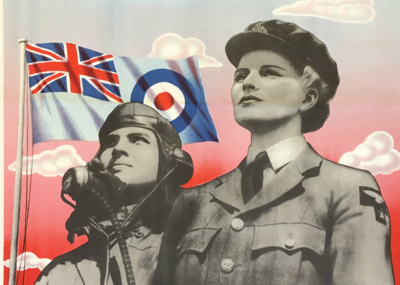Never Say
Hirsh Glik
1943
Creator Bio
Hirsh Glik
Hirsh Glik was born in Vilna into an impoverished family and began writing poems at age thirteen, first in Hebrew and later in Yiddish. He became a protégé of two leading Vilna poets, Leyzer Volf and Shmerke Kaczerginski, and helped lead a young poets group called Yungvald. Glik was sent to labor camps in 1941, and in 1943 to the Vilna ghetto. There he wrote songs to raise the morale of his fellow Jews, including the famous “Zog nit keyn mol,” which spread throughout the camps and ghettos and continues today to be an anthem at memorial gatherings. This song is often mistakenly associated with the battle of the Warsaw ghetto. Glik joined the main FPO, the major resistance organization in the ghetto, and in September 1943 was sent to a German labor camp in Estonia. He escaped shortly before the liberation of the camp and was killed by German forces in September 1944.
Related Guide
Holocaust and Post-Holocaust Fiction and Poetry
Jewish literature developed individual rather than collective voices, as postwar Jewish identity was transformed by the forces of modernism and assimilation.
Related Guide
The Holocaust: Years of Catastrophe
Jewish writing in Nazi-occupied areas documented ghetto life, moral questions, and Jewish identity, while writers in free zones grappled with the unfolding tragedy.
Hirsh Glik wrote this poem in Yiddish for the Vilna Jewish United Partisan Organization. Put to the music of a preexisting Soviet melody, the poem served as the anthem of the Jewish uprising and spread to become the unofficial hymn of Jewish partisan fighters across Europe. To this day, the song remains an integral part of Holocaust commemoration and serves as a reminder of Jewish resistance during the Holocaust. The poem combines a sober acknowledgment of the existential threat facing Jews during the Holocaust with an optimistic affirmation of the efforts to fight back with all available physical or spiritual weapons.
How does the poem acknowledge Jewish suffering?
In what ways might this poem be considered optimistic?
In what ways might this poem not be considered optimistic?
You may also like

Jewish Resistance and the Holocaust
From armed confrontation to religious defiance, Jews fought back against the perpetrators of the Holocaust.


